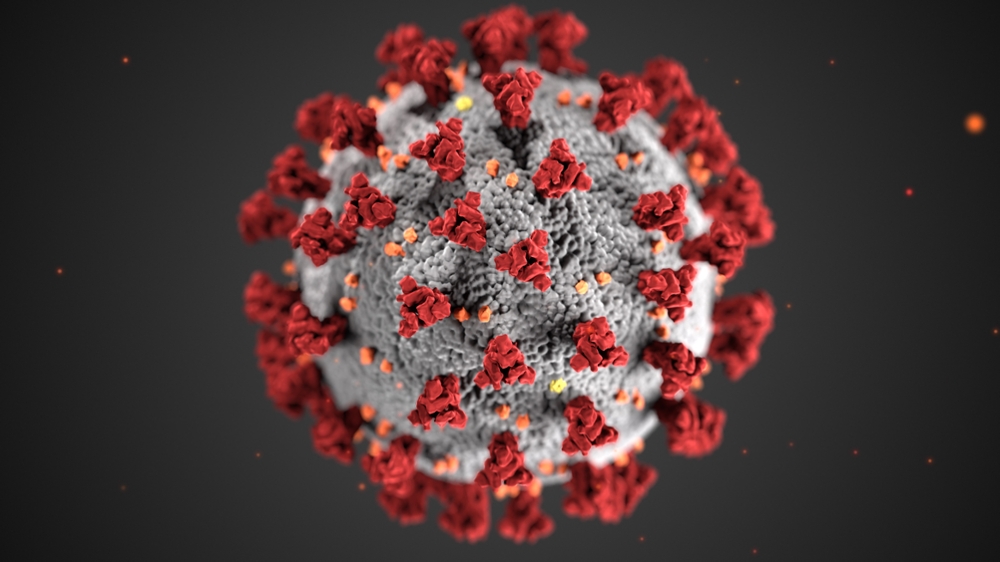
According to the Centers for Disease Control and Prevention (CDC), some individuals may be at higher risk for severe cases of coronavirus (COVID-19). Because COVID-19 is a respiratory illness that can affect the upper and lower airways, those who suffer from asthma are included in the higher risk category.
While people with asthma are not more likely to contract COVID-19, it is possible that they may experience more severe illness. For Kristen Johnston, assistant professor in Samford University’s Ida Moffett School of Nursing, this statistic is personal. Johnston and both of her children have asthma.
As the number of coronavirus, or COVID-19, cases continue to rise, Johnston says there are things that people who suffer from asthma should be aware of.
“Asthma can be triggered by a host of things, and according to the CDC, COVID-19 can cause an asthma attack. Equally concerning, COVID-19 can cause pneumonia,” said Johnston. “People with asthma already have compromised respiratory systems, so adding this virus and its complications can be worrisome.”
Johnston encourages those who have asthma or have a loved one with asthma not to panic but instead to take the necessary precautionary measures to be well-prepared.
Individuals with asthma can prepare for COVID-19 by taking asthma/allergy medications that ensure their asthma is controlled. Should you need to stay home for a long period of time, talk with your health care provider about creating an emergency supply of prescription medications. Johnston suggests having rescue inhalers accessible and stocking up on asthma and allergy medications that you or your loved one would normally consume.
According to the CDC, stress and anxiety can also cause asthma exacerbations. “It is natural to feel concerned or stressed about this pandemic and the associated response. We should try to focus on things that will decrease stress,” says Johnston. “Pray, sing, listen to music, read, call a friend, take a walk but enforce social distancing or spend time working on a hobby.” A healthy diet and plenty of sleep can also aid in the reduction of stress.
The CDC recommends cleaning and disinfecting frequently used surfaces routinely but Johnston says to be careful of products that could cause an asthma attack. “Try to use antiviral products to clean doorknobs, counters, phones, etc. but be mindful not to bring products into the home that might make you or your loved one more vulnerable to an asthma attack.”
People with asthma, and those who don’t, should utilize the COVID-19 everyday precautions as recommended by the CDC. “We all have a role in reducing the spread of COVID-19,” said Johnston. “In addition to individuals with asthma, there are many other sectors of our population who are at higher risk for a severe case of COVID-19. Think of others today and in the coming days. Wash your hands, avoid touching your face and avoid leaving your house for non-essential reasons. Let’s care for those around us by doing our part to stop the spread of COVID-19 in our community.”
To view the most recent information about Samford University related to COVID-19, visit our COVID-19 webpage for ongoing updates.
